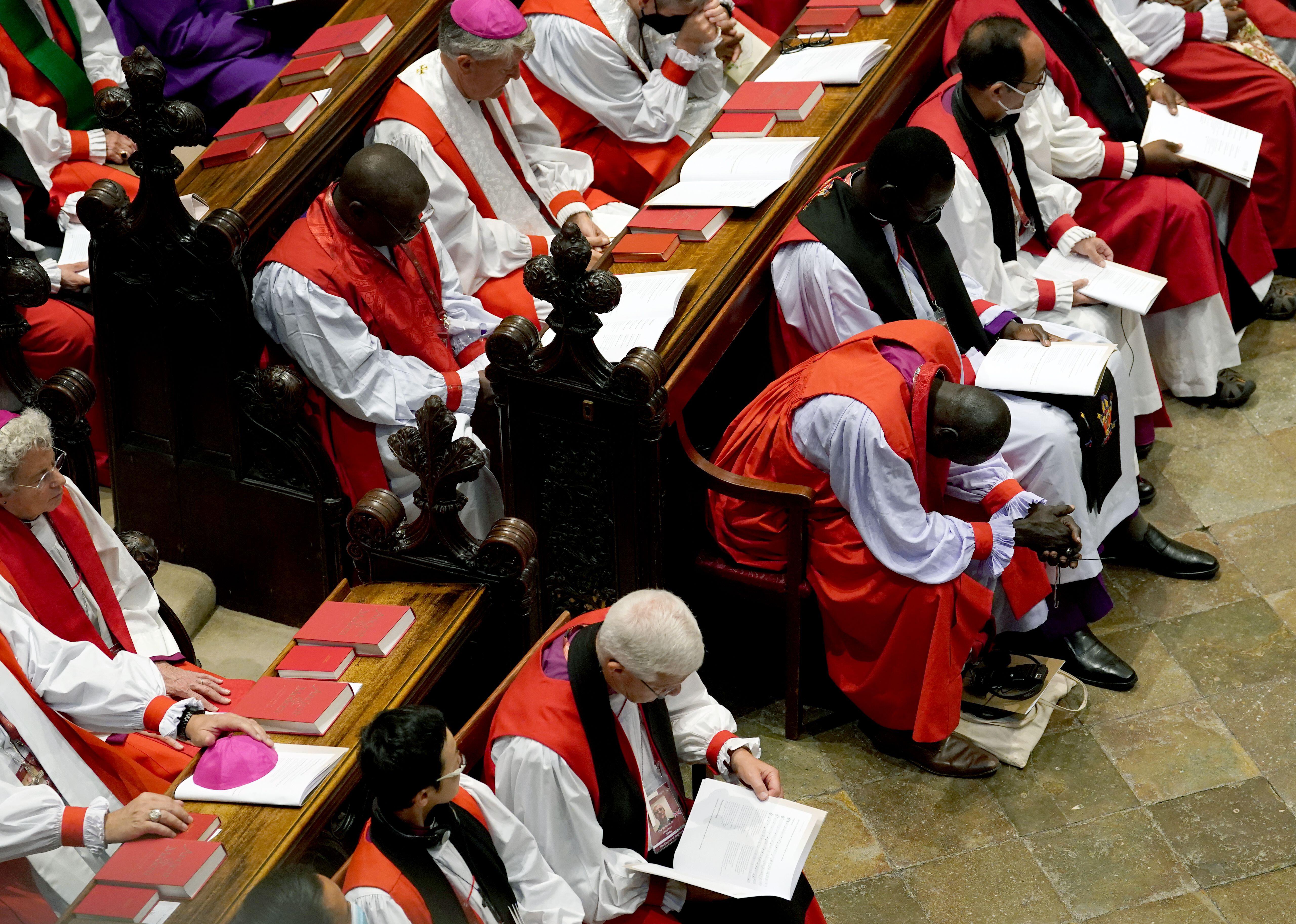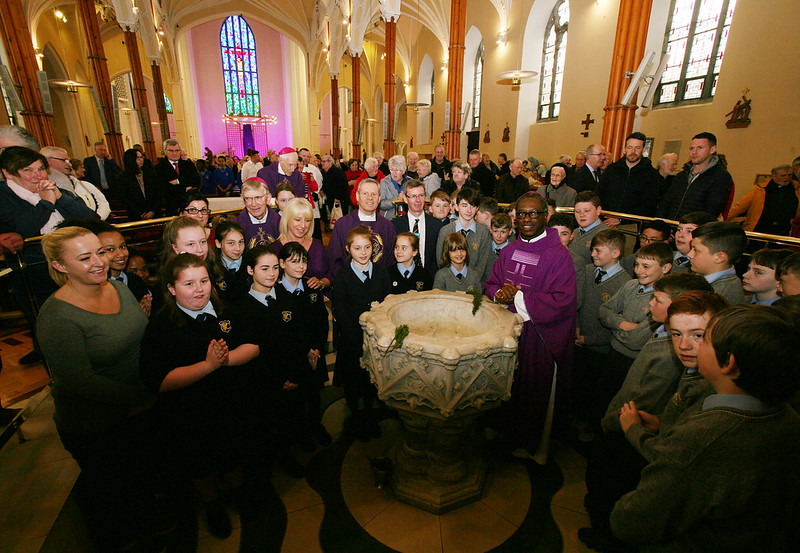The way priests minister in the parishes of the Diocese of Cork and Ross will change significantly from September, Bishop Fintan Gavin has announced.
As the large diocese in the south of Ireland grapples with its declining number of ageing priests, it is to restructure parishes into sixteen “families of parishes” that share their gifts, talents and resources including their clergy.
“A system that served well in the past is crumbling,” Bishop Gavin warned and he underlined that this situation is not unique to the Diocese of Cork and Ross but is replicated throughout Ireland and is part of a wider challenge faced by big institutions throughout the western world.
“We need to acknowledge these huge changes and the sense of loss we feel for times past. We need to allow ourselves to grieve, acknowledging this loss and the pain associated with it,” he said.
Families of parishes are groupings of parishes with a minimum of three and a maximum of six parishes geographically close to one another where the priests work as part of a team across those parishes. At the start, the teams will consist just of priests, but over time lay involvement will develop and permanent deacons will be involved in the new groupings too.
The radical changes are outlined in a new pastoral letter, “Transforming parishes together into mission-centred faith communities”, which was published by Bishop Gavin this week. A summary of the main points of the pastoral letter will be read at all Masses in the diocese over the weekend of 27/28 August 2022.
The first phase of the change will see the establishment of 12 families of parishes in September and this will later extend to 16, each of which will be ministered to by a team of priests. While each priest will be resident in a particular parish, they will minister across the whole family of parishes.
“Bringing parishes together as families of parishes presents an opportunity for much greater lay participation and shared leadership of parishes,” Bishop Gavin explained.
He said the new collaborative structure presents a great opportunity for parishes to prepare together for Baptism, Reconciliation, First Holy Communion, Confirmation and Marriage. “In time, parish funeral ministry teams can work together across each family of parishes. It will allow for initiatives across a family of parishes for those who have become disconnected from our Church.”
In his pastoral letter, the bishop acknowledges that many things are currently working well in parishes such as choirs, altar servers and funeral teams. However, he also admits that the link between parish schools and the parish faith community is weaker than in the past. This was highlighted in the Diocese of Cork and Ross’ submission to the Universal Synod, where concern was raised about sacramental preparation.
“While it is wonderful to see large numbers coming forward for First Communion and Confirmation, it is disheartening that so few actually participate in the local faith community – even the day after such important events where priests, teachers and parishes have invested so much energy,” writes Bishop Gavin.
According to Bishop Gavin, many parents and grandparents now express sadness that their children no longer practise their faith or seem interested in Church matters. Many lament the fact that large numbers of young people are not present in churches on Sundays. At a recent event for young adults, many of the 18 to 35-year-olds said they felt isolated and alone at Sunday Mass because most of the people there are much older.
People are also aware that priests are getting older and fewer young men are choosing to become priests. In September, the Diocese of Cork and Ross will ordain one young man. However, this summer, 12 priests will retire. In addition, a number of religious orders are recalling priests and will not be in a position to replace them.
“The number of priests available for ministry will be reduced this summer. This will inevitably mean that more parishes will no longer have a resident priest. This is one of the greatest challenges we face. This change will have the greatest effect locally,” Bishop Gavin explains.
Under the new parish structure, it is hoped that all parishes in each of the families of parishes, including the parishes without a resident priest, will all be served equally by all the priests assigned to the cluster. “It’s like what happens in a family: those who need the most care receive the most attention from all,” he says.
Underlining how every crisis also brings an opportunity for new possibilities, Bishop Gavin tells his flock, “When we allow ourselves to dream, we can recover hope and the sense of opportunity.”
He warns that change is inevitable and the diocese’s parish faith communities cannot stand still. “Neither can we go back. But how we respond to change can vary a lot. The Holy Spirit is calling all of us to go forward with an active hope, not a defeatist resignation!”
The arrangement of parishes into families of parishes asks a lot of Cork and Ross’ priests because it is a different way of ministering, admits Bishop Gavin. Many priests have expressed their own concern at being isolated and just working on their own. This shared team approach allows for real concrete ways to support one another, he suggests.
However, according to Co Cork parish priest, Fr Tim Hazelwood the new structure is “postponing the inevitable”.
“I think it is kicking the can down the road with a glossy name for continuing what we had in the past. A fundamental change needs to happen for the Church to survive.”
This, he maintained, meant grappling with issues like the ordination of women deacons and the Church’s teaching on human sexuality.
He also noted that “the people who are meant to implement it sacramentally are the priests. So it means giving extra work to older men, which is not fair.”



 Loading ...
Loading ...